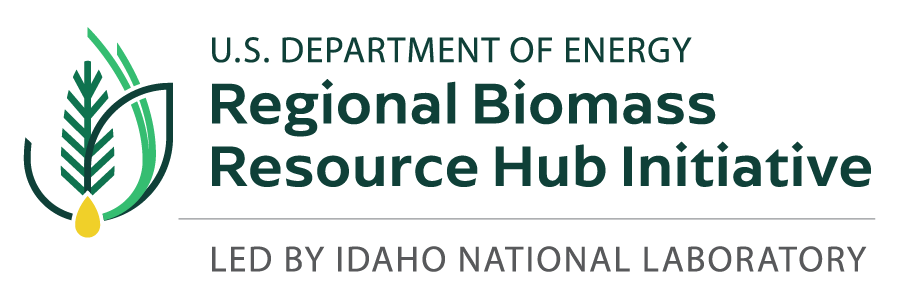Description
Capability Bounds
- Wet feedstock rheology, viscometry, shear testing: 1-10g, 1-35% solids loading, up to 2mm particles
- Dry feedstock shear testing: 200g-2kg, 0-30% moisture, up to 6mm particles
- Dry flow evaluation, 20-200kg, 0.1-10 tonne/hr rates
- Wet flow evaluation
Unique Aspects
The INL facilities offer a wide range of test methods and comparative techniques to evaluate material in a range of flow environments. These comparative flow performance metrics can also be combined with at-scale flow performance and consistency with respect to material type and processing method(s).
Availability
This capability is available through collaborative work scopes that utilize a variety of contractual mechanisms to meet the needs of the partners and funding agencies.
Benefit
The benefit to performing flow testing to evaluate the safe material variability/processing envelops that result in consistent, reliable flow. The available range of techniques offer a robust evaluation of performance and can be paired with numerical flow modeling and at-scale flow reliability modeling capabilities.
Capability Expert(s)
Luke Williams, Jordan Klinger, Nepu Saha, Tiashsa Bhattacharjee
References
Williams, C. Luke, Mikael CF Karlsson, Rachel M. Emerson, William A. Smith, and Tiasha Bhattacharjee. “Green biomass processing to lower slurry viscosity and reduce biofuel cost.” Biomass and Bioenergy 165 (2022): 106566.
• Klinger, Jordan, Nepu Saha, Tiasha Bhattacharjee, Susan Carilli, Wencheng Jin, Yidong Xia, Richard Daniel et al. “Multiscale shear properties and flow performance of milled woody biomass.” Frontiers in Energy Research 10 (2022): 855289.
Saha, Nepu, Cory Goates, Sergio Hernandez, Wencheng Jin, Tyler Westover, and Jordan Klinger. “Characterization of particle size and moisture content effects on mechanical and feeding behavior of milled corn (Zea mays L.) stover.” Powder Technology 405 (2022): 117535.
Westover, Tyler L., Hai Huang, Yidong Xia, and Jordan L. Klinger. Flow Behavior of Particulate Pine Forest Residues and Corn Stover: A Comparison of Experiments and Simulations. No. INL/CON-18-51869-Rev000. Idaho National Lab.(INL), Idaho Falls, ID (United States), 2018.
Hernandez, Sergio, Tyler L. Westover, Austin C. Matthews, J. Chadron B. Ryan, and C. Luke Williams. “Feeding properties and behavior of hammer-and knife-milled pine.” Powder technology 320 (2017): 191-201.
Westover, Tyler L., Jordan L. Klinger, and Sergio Hernandez. Real-time, In-line Assessment of Flow Performance for Compressible and Anisotropic Bulk Solids. No. INL/CON-18-51590-Rev000. Idaho National Lab.(INL), Idaho Falls, ID (United States), 2017.
